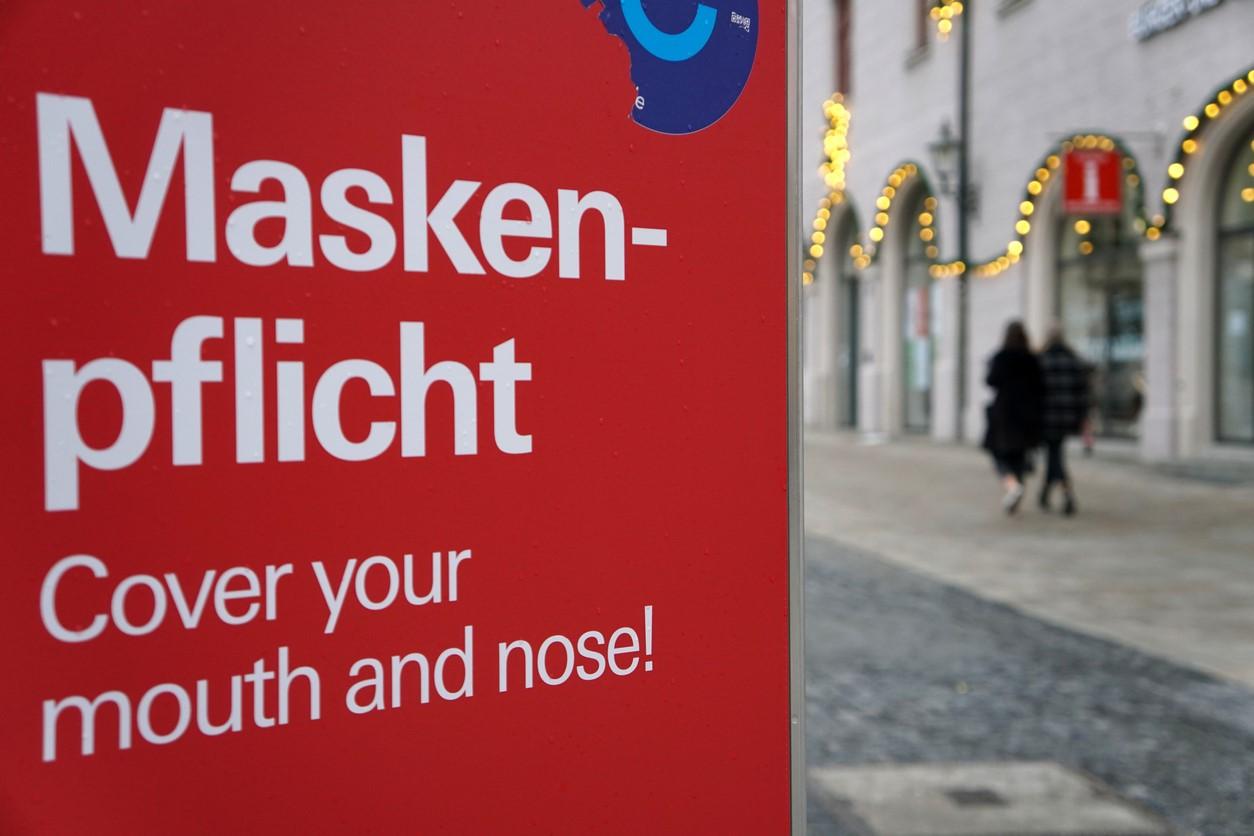Most German residents surveyed as part of a study published today in JAMA Network Open said they prefer COVID-19 public health messaging that acknowledges scientific uncertainty, suggesting that admitting to incomplete knowledge fosters public trust and motivates compliance.
Published as a research letter by investigators from the Max Planck Institute for Human Development in Berlin, the study involved randomly sampling, from Jul 13 to 20, adult German residents who were part of an online research panel of more than 80,000 residents. Their aim was to test the validity of the assumption that communicating scientific uncertainty generates public mistrust and noncompliance in Germany, where coronavirus-related government and public health messages have sometimes not acknowledged their scientific limits.
The researchers showed participants four scenarios in random order that featured information about the COVID-19 pandemic, such as number of deaths and transmission rates, with different degrees of scientific uncertainty. All numbers of cases, deaths, and transmission rate used in the scenarios were factual, based on daily reports from the Robert Koch Institute in Berlin from Mar 22 to Apr 2. Determination of the degrees of uncertainty was based on results from a systematic review.
The 2,011 respondents ranked the scenarios based on the type of information they would prefer to receive from the government and public health officials about COVID-19, as well as on their potential to motivate them to comply with mitigation measures such as physical distancing.
Skeptics most open to transparency
Among the 2,011 participants, 650 (32.3%) said they preferred the scenario expressing the highest degree of verbal and numerical uncertainty, while 501 (24.9%) opted for the scenario explicitly denying uncertainty. Another 435 (21.6%) chose the scenario expressing verbal uncertainty only, and 425 (21.1%) selected the scenario that didn't mention uncertainty.
The 404 participants who indicated that the need for current government coronavirus mitigation strategies was exaggerated were more likely—compared withthe 1,431 respondents who considered such strategies necessary—to comply with containment protocols when given information expressing the most uncertainty (39.4% vs 33.6%).
Mean respondent age was 52.0 years, and 50.4% were women. Basic numeracy level, age 60 years and older, sex, and educational attainment were not associated with any communication preferences. (Numeracy is the ability to process mathematical information.)
"These results are unexpected to the extent that research in other nonmedical and medical domains suggests that the communication of uncertainty prompts avoidance and increased levels of discomfort," the authors wrote.
"We speculate that our respondents—and perhaps people worldwide—may be more open to the communication of uncertainty in the context of COVID-19 because the individual and collective experience of the pandemic is one of rapidly changing knowledge and absence of certainty," they said. "It may even be that admitting and communicating scientific uncertainty to the public fosters trust."




















